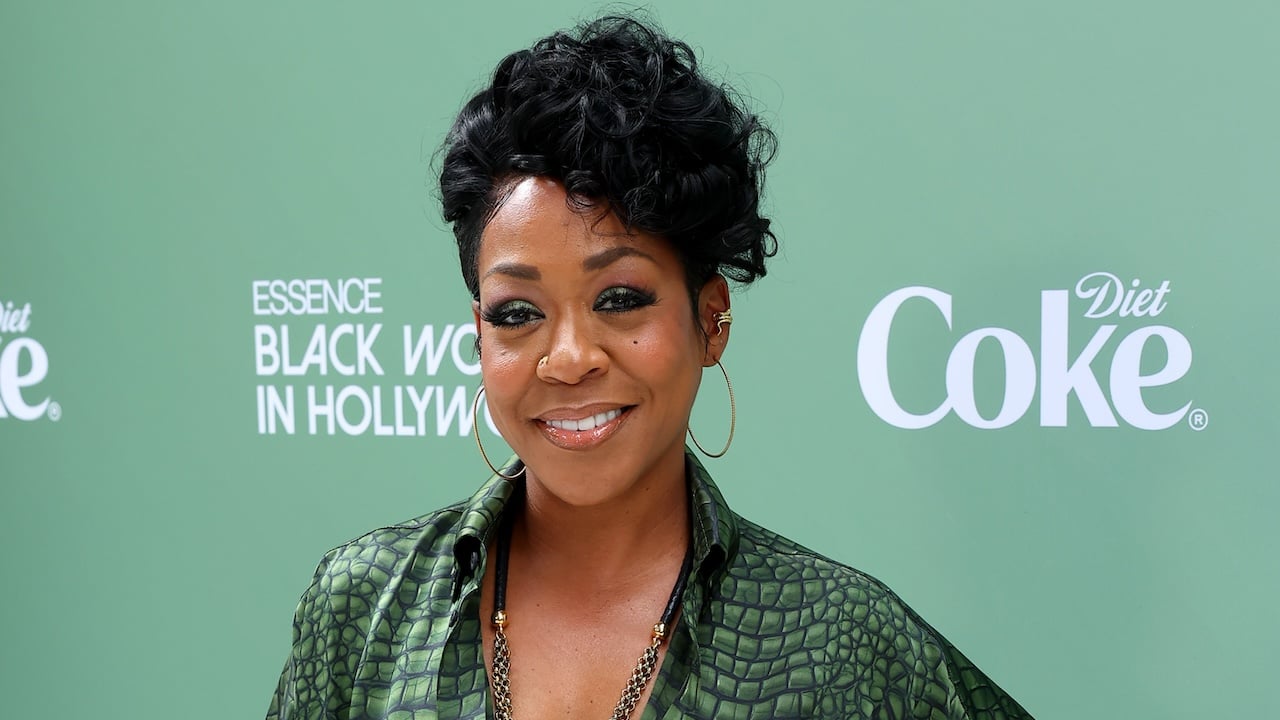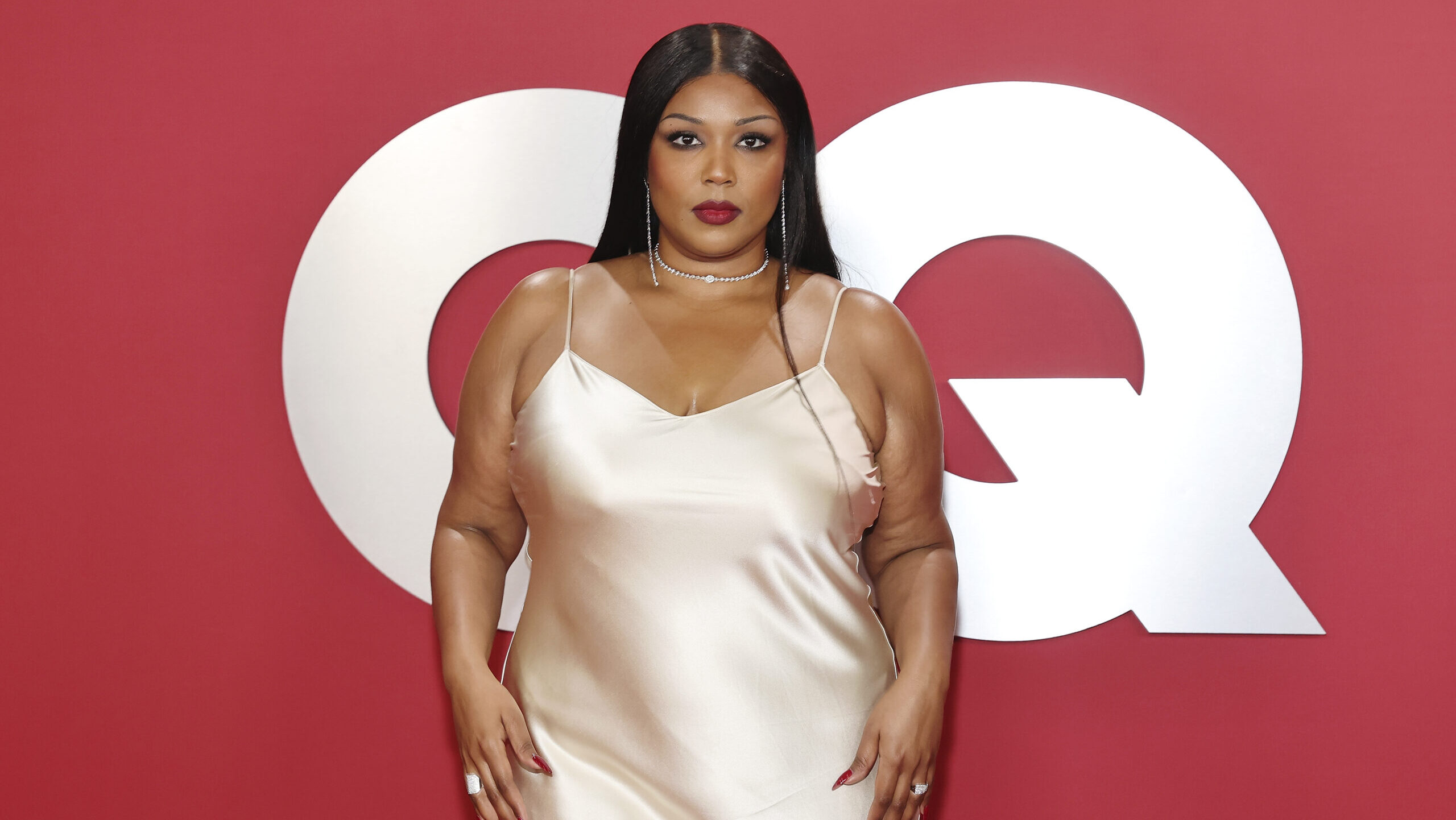When I ended my call with Stephanie Harrison, author of New Happy—a book that illustrates how, through generations of beliefs handed down to us, we’ve internalized false ideologies about happiness— she asked me a question no one I’ve interviewed has ever asked: “How can I support you in your life?”
While it felt so good to be asked that, it also felt surprisingly shocking. As I chewed on the bigness of those simple words, my brain was scanning the room, as if to say, “what’s the catch?” while my heart was doing cartwheels at feeling seen. I knew something good just happened, but I didn’t believe I could really have it.
The false meaning of happiness
Happiness is, arguably, the one thing everyone in the world wants the most, yet it often feels impossibly difficult to access. So, it makes sense that when we are offered moments of happiness, we may not always receive them because we buy into the myth that it’s some elusive, impossible achievement.
That’s because, says Harrison, we believe in what she refers to as Old Happy, which is rooted in the idea that happiness is external, and things like working harder will lead us to fame and popularity, which brings lots of money and, thus, more possessions, which will mean we’re perfect and people will like us and we will have won in the competition of life.
Spoiler alert: That’s the wrong way!
Related: 28 Spring Quotes About Change, Resilience, Hope and Happiness
How to discover ultimate happiness
To truly be happy, we’ve got to kick Old Happy to the curb, and rediscover the true source of our happiness: each other.
In New Happy, Harrison emphasizes that “the self needs other selves,” and when we discuss this, she tells me that the greatest fiction in the world is this collective delusion we have that it’s not true. American culture has taught us that to be successful, we’ve got to go it alone, pulling ourselves up by our bootstraps and proving our strength and resilience to the world. But the true arc of life, says Harrison, shows different data.
“A woman carried you and birthed you, and then from that moment, for you to be where you are, there had to be people who loved and cared for you and supported you,” she says. “Even if they did it inadequately, even if they didn’t show up in a way, they still brought you to this moment. And the millions or hundreds or thousands of people who touched you in different ways that shaped you into the person that you are, every single one of them has their fingerprints on you. That shift of recognizing that we are all connected, the more we can contribute to those connections because we can see all that they’ve contributed to us.”
Human connection and the collective brain
In her book, Harrison describes the collective brain. Most of us, she shares, have this idea that humans are smart because of geniuses like Albert Einstein, but, in fact, “human intelligence comes from all of us contributing all of our great ideas and unique perspectives. And over time, that builds into something that could never be replicated and could certainly never be touched by one person.”
Harrison has had the blueprints for her message for a long time, and New Happy was the building she constructed after more than 10 years of research. In 2018, three years after finishing her master’s thesis, “The Importance of Acting Upon What’s Within: A New Definition of Happiness,” at the University of Pennsylvania, she realized she had a message people needed to hear.
She started a newsletter with just 17 subscribers, where she used her own art as a complement to the messages. Slowly, her subscribers grew, as did her social media following, where she posts videos that offer up deep insight and actionable ideas backed by science. With a podcast and a book added to her offerings, her community can find a route to happiness that suits their needs.
3 lies we tell ourselves about happiness
Some of the guidance Harrison offers centers around changing our attachment to the three lies she says we tell ourselves about how happiness is achieved. The three lies are:
Lie No.1: You’re not enough.
“Because we live in a society and a culture that makes money based on telling us that we’re not enough, we have created a relational system that values people based upon their achievements, their appearance, their success, their power and then we deem them as worthier or less worthy than others,” she says.
“And this leads us to view ourselves always through a lens of comparison to another person. We have systemic factors that contribute to certain groups of people feeling unvalued by society or marginalized and oppressed. We have systems in place in schools and universities and governments and workplaces that rank people by their productivity and their output. So, all of that together, plus many more factors, ends up coming together to create a world of people who do not believe that they are enough.”
She says when she started The New Happy movement, she thought she was the only one out there who didn’t think she was good enough. But it was her community that validated what she didn’t yet know: Everyone else felt the same.
“I was truly kind of shocked because I thought, ‘oh, this is my secret shame. This is a ‘me’ problem. How is it that these strangers also have this problem?’ And…it’s the No. 1 thing I hear from people, and we all think we’re alone in it. We all think that we’re the only one who’s broken. And it’s terribly tragic. And it’s also an opportunity for us to notice and to try and make change happen.”
Related: Use a Gratitude Journal to Boost Your Happiness
Lie No.2: You’ll be happy when…
Harrison says we’re fed ideas that to be happy, we need to achieve more, do more and push more, and our cultural obsession with materialistic values and the pursuit of extrinsic goals is making us the opposite of happy.
She believes once people realize they’re enough just as they are, they won’t have to turn themselves into anything else to feel worthy. It’s the pursuit of becoming yourself, she says, “that ultimately ends up being what can make you happy and not having to tie your well-being to something at the end.”
Lie No.3: You’re on your own.
Harrison is fascinated by just how pervasive the idea is that happiness is something you get for yourself by yourself in our culture, and she says she dreams of a kind of Wizard of Oz moment where we all see behind the curtain and realize nothing was as we truly thought. “Once you see [the truth], you kind of can’t unsee it,” she adds.
She believes that if we want to prevent suffering and create more joy, we must show up for those going through difficulties who may not have the resources or support systems they need.
“At the heart of all of our problems, there is one solution, and it’s to help each other,” she says. “It’s the only solution. And we can fight it, or we can embrace it. And how incredibly amazing that it turns out that helping people makes you feel good, too.”
Case in point: That question Harrison asked me at the end of our call.
Related: Stella Grizont’s Work Happiness Method: 8 Skills for Career Fulfillment
The connection between kindness and happiness
Kindness can often feel like an urban legend in our hustle culture where we’re too busy to lift our heads from our phones long enough to exchange a smile, or remove our hands from our keyboards to gently touch someone’s shoulder as we ask, “what good can I do for you today with no expectation of a return?”
When the authenticity of her question offered me a very real moment of happiness I could not seem to access, I know it’s because I’ve been operating at an Old Happy mindset that told me true strength lies in helping yourself, not asking others for support. I want to live in a New Happy world, so I do two things: I ask Harrison if we could meet again to connect on a deeper level if for no other reason than because we can, and then I take a cue from her playbook and text five people I love: “Is there anything I can do to support you?”
I’d be lying if I said I wasn’t happy after those simple acts. Could it really be that easy?
“After all this research, I just have such absolute certainty that helping is the only path forward,” Harrison says. “And it just happens to be the greatest blessing in the world that it also ends up being what serves us at the same time.”
Related: 6 Easy Activities to Increase Happiness Every Day
Photo courtesy of Xavier Lorenzo/Shutterstock





